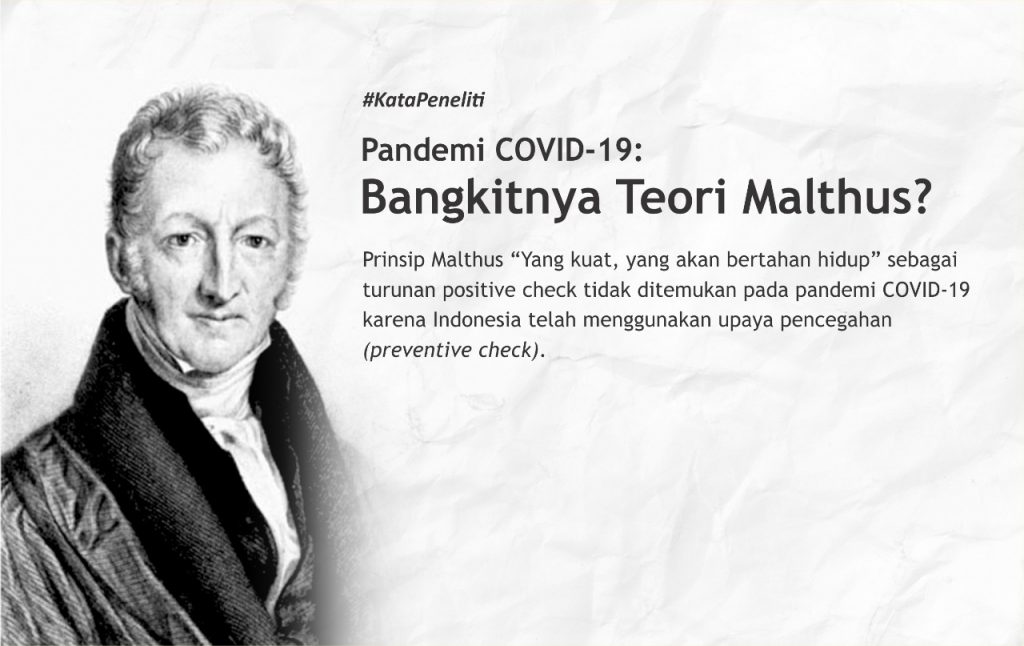
The Use of Big Data as Population Policy Landscape | By: Satria Aji Imawan
CPPS UGM – Population sector is often closely related to public policy terminology. Demeny (1988) defines population sector as a government activity with development planning

CPPS UGM – Population sector is often closely related to public policy terminology. Demeny (1988) defines population sector as a government activity with development planning

At the end of the 17th century (1798), Malthus wrote his opinion in a provocative article entitled An essay in the principle of population as

“Besides father and mother in a nuclear family, the extended family such as grandparents, apparently also plays an important role in increasing or decreasing children’s

Novi Widyaningrum, a researcher and gender observer at the CPPS UGM, strongly criticized the discourse of the perpetrator to marry the victim. According to her,

Yogyakarta, with its culinary, has one of the most identical food souvenirs favored by tourists, namely Bakpia. Most of the tourists buy the Bakpia while

The Covid-19 pandemic has not only hit the health sector, but it has also torn apart the state economy and widened social inequality. To save

The Clean and Healthy Behavior (Bahasa Indonesia: Perilaku Hidup Bersih dan Sehat/PHBS) movement is currently being promoted as the way to prevent society from COVID-19.

The Indonesia Statistics Agency recorded the poverty rate as of March 2020 increased to 26.42 million people. Regarding this position, the percentage of poor people

The statement of the National Commission on Violence Against Women (Komnas Perempuan) in 2014 about Indonesia’s emergency of sexual violence is not without a basis.